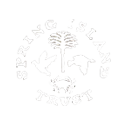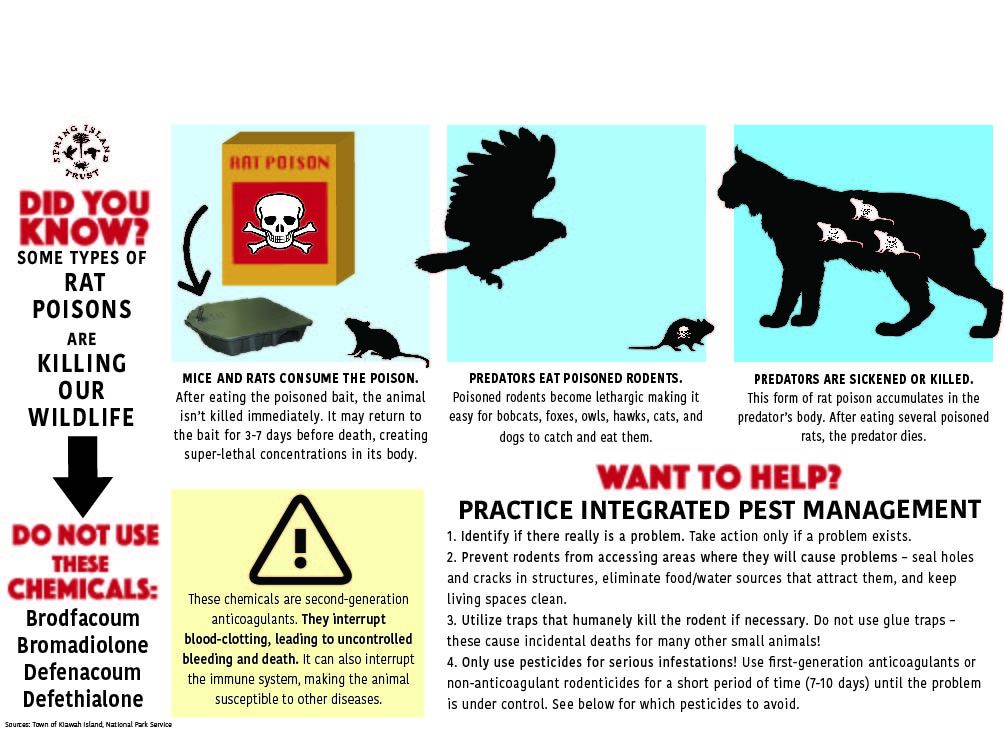Living with Wildlife
Rodents are a group of mammals that include mice, rats, and squirrels. There are many species native to the region and they play an important role in ecosystem dynamics as prey for larger predators such as bobcats, raptors, and foxes. They also disperse seeds of native plants.
Mice and rats, particularly non-natives – such as the house mouse, black rat, and Norway rat – may be unwanted pests in and around the home. They can chew on electrical wires, damage gardens, and property, and occasionally carry diseases. It is important to know that some rodent control measures can be highly detrimental to native wildlife!
Practice integrated pest management
- Identify if there really is a problem. Take action only if a problem exists.
- Prevent rodents from accessing areas where they will cause problems – seal holes and cracks in structures, eliminate food/water sources that attract them, and keep living spaces clean.
- Utilize traps that humanely kill the rodent if necessary. Do not use glue traps – these cause incidental deaths for many other small animals!
- Only use pesticides for serious infestations! Use first-generation anticoagulants or non-anticoagulant rodenticides for a short period of time (7-10 days) until the problem is under control. See below for which pesticides to avoid.
What are second-generation anticoagulant rodenticides (SGAs)?
These include Brodifacoum, Bromadiolone, Difenacoum, and Difethialone. Do not use these chemicals!!!
The pesticides are highly toxic and work over a long period of time. They are often applied in bait stations – the mouse or rat eats the bait but is not killed immediately. The animal may return to the bait for 3-7 days before succumbing to the poison, allowing super-lethal concentrations to build up in its body. The poisoned rodents become lethargic and bobcats, foxes, owls, hawks, cat, and dogs then easily catch and eat these poisoned rodents. Because the toxins can persist in the body for up to one year, the predator may eventually receive a lethal dose of the poison and die.
The Town of Kiawah Island has experienced a significant decline in its once-healthy bobcat population over the last two years, and SGAs were eventually identified as the culprit. We do not want this to happen to our bobcats, raptors, and other wildlife.

Copyright © Spring Island Trust
40 Mobley Oaks Ln. · Okatie, SC 29909 · 843-987-7008
Site by Sans Sheriff Studio

